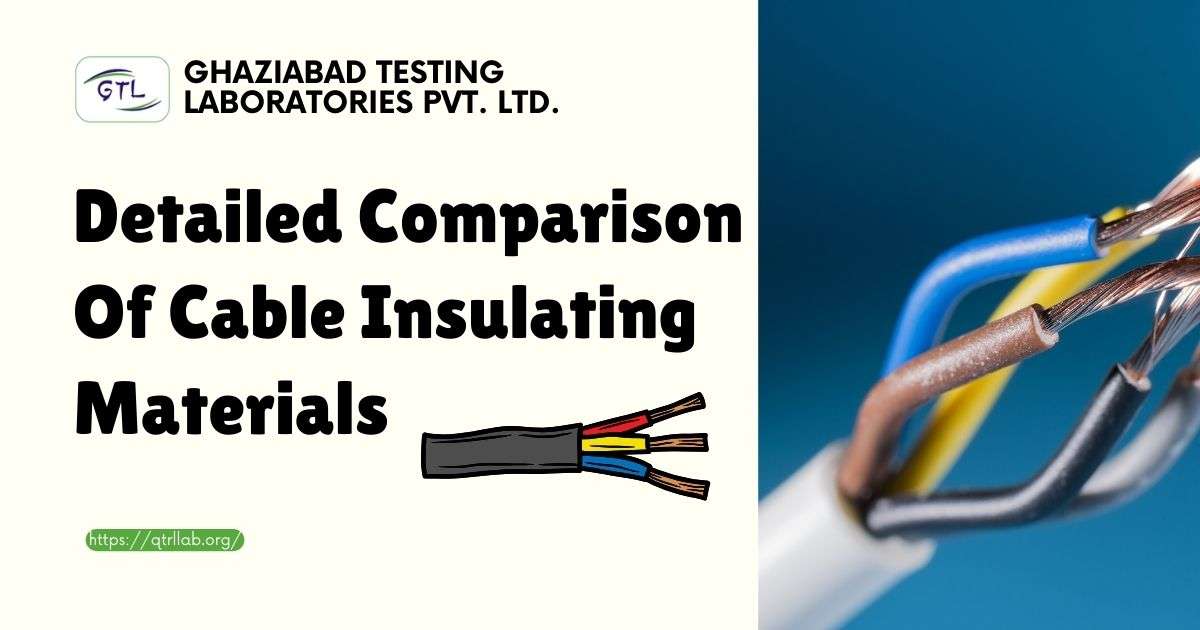Introduction
In contemporary settings, electronic devices play a ubiquitous role, whether at home or in infrastructure. Continuous operation of circuit breakers, switches, relays, and other electrical connections is essential to prevent electrical damage. However, inherent resistance persists when two conductors are in contact, necessitating regular maintenance. The Contact Resistance Meter emerges as a valuable tool in this context.
Contact Resistance Meter: A Comprehensive Overview
Definition
Contact resistance is the electrical resistance occurring at the point of contact between components, influenced by material and connection quality. Distinctions must be made between intentional and incidental contact resistance.
Applications
The Contact Resistance Meter is primarily employed to test switching devices, cable junctions, and various electrical connections. It facilitates the measurement of voltage drops, contact resistance, and joint or connection resistance, quantified in milli-ohms or micro-ohms.
Significance of Low Resistance
Efficient functioning of switching and plug-in contacts, cable and line connections requires minimal resistance to prevent energy loss, power outages, and data transmission failures. Mechanical connections’ contact resistance reflects the quality of welded or bolted connections.
The Need for a Contact Resistance Meter
Micro Ohmmeter
A micro ohmmeter is indispensable for measuring contact resistance, providing superior accuracy compared to a standard multimeter. The design by Contact Resistance Meter Manufacturers In India ensures precision due to the low resistance values in metal connections.
Temperature Considerations
Temperature dependence must be factored in, as it can affect resistance values. Only a micro-ohmmeter can accurately determine the quality of contact resistances, disregarding theoretical estimates.
Contact Resistance Meter: Importance of Testing
Regular Checks
Routine contact resistance tests are vital, especially for circuit breaker contacts, to ensure proper functionality. Neglected or broken contacts can lead to arcing, phase loss, and fire hazards.
High-Quality Meters
Supplied by Contact Resistance Meter Suppliers In India, high-quality meters aid in identifying fretting corrosion, preventing power outages, heat generation, contactor capacity loss, and failure to cut power when needed.
Conclusion
Contact resistance is a critical factor in thermal conductivity measurements, particularly in granular materials. The Contact Resistance Meter serves as essential equipment for measuring voltage drops and resistance in various electrical connections, contributing to the overall reliability and safety of electronic systems.















